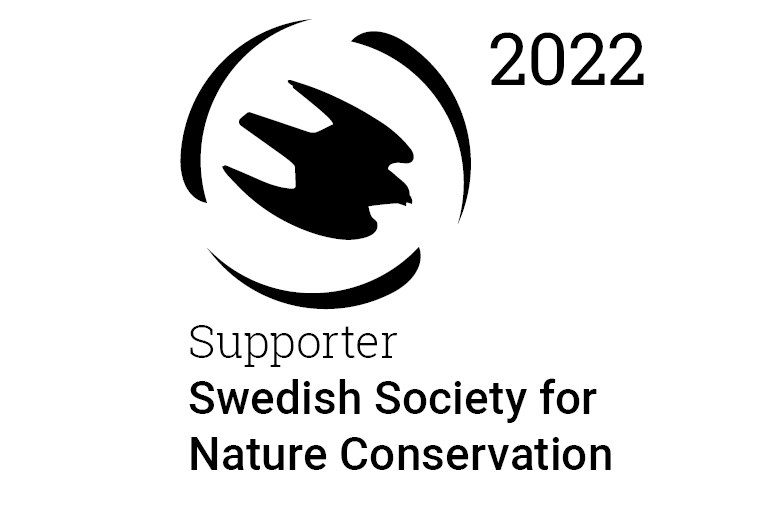- Home
- GPC Japan
Login
Forget Password
News

Japan plans to prohibit perfluorohexane sulfonic acid
Nov-14-2022
During the Chemical Materials Japan 2022 virtual conference, which took place between 17 and 28 October 2022, the Ministry of the Environment (MOE) and the Ministry of Economy, Trade, and Industry (METI) announced their intention to amend the Chemical Substance Control Law (CSCL) to prohibit perfluorohexane sulfonic acid (PFHxS), its salts, and associated compounds next year.
As per the METI, the PFHxS, its salts and related compounds are expected to be designated as class I specified chemical substances. Under CSCL, Class I Specified Chemical Substances are substances that are persistent, highly bioaccumulative, and have a risk of long-term toxicity to humans or predator animals at higher trophic levels. The manufacture, import and use of such substances are prohibited in Japan.
This action aims to bring Japan into compliance with a global ban on the material decided upon by the Stockholm Convention on Persistent Organic Pollutants (POPs) in June 2022. The Basel, Rotterdam and Stockholm conventions are multilateral environmental agreements, which share the common objective of protecting human health and the environment from hazardous chemicals and wastes.
PFHxS is a chemical compound used to make firefighting foams, non-stick cookware, carpet, paper, and fabric stain treatments. It belongs to the group of per- and polyfluoroalkyl compounds (PFASs), whose environmental persistence and presence in water have drawn increasing public scrutiny in recent years. Millions of people will benefit from the decision to prohibit PFHxS, especially firemen who are among those most exposed due to PFHxS's inclusion in firefighting foam.
The ministries of Health, Labour and Welfare (MHLW), METI and MOE will meet after November 2022 to review the strategy.

Japan updates its occupational disease substances list
Nov-14-2022
On 14 October 2022, Japan's Ministry of Health, Labour and Welfare (MHLW) announced two different public consultation notifications to add 13 more compounds that could be hazardous to the health of workers under the Labour Standards Act. The start of enforcement is anticipated for late December.
The MHLW identified ten compounds that pose a risk to workers health in a report released on 18 March 2022 that led to the proposed change to Japan's list of occupational illnesses. The findings came after an evaluation process that the MHLW started in July 2019 which covered 216 chemicals.
The list of Newly added substances and diseases are as follows:
|
Substance |
Disease caused |
|
Trichloroethylene |
Skin disorders |
|
Hydrogen bromide |
Breathing disorders |
|
Hydrofluoric acid (including hydrogen fluoride) |
Hypocalcemia and tissue necrosis |
|
Calcium cyanamide |
Circulatory disorders (arrhythmia and hypotension) |
|
Arsine |
Renal impairment |
|
Methyl iodide |
Suppression of the central nervous system |
|
Calcium hydroxide |
Skin disorders and anterior segment eye disorders |
|
Ammonium thioglycolate (ATG) |
Skin disorders |
|
Para-toluenediamine |
Skin disorders |
|
2,2-dichloro-1,1,1-trifluoroethane, (HCFC-123) |
Liver disorder |
|
Nitroglycerin |
Ischemic chest pain |
|
3,3'-dichloro-4,4'-diaminodiphenylmethane (MOCA) |
Urinary tract tumors |
Additionally, the amendment eliminates two medical conditions: consciousness disorder for methyl iodide and vasomotor neuropathy disorders for Nitroglycol, calcium cyanamide, and nitroglycerin.
Workers in Japan are eligible for compensation if they develop occupational illnesses linked to chemicals on the list. The Industrial Safety and Health Act (ISHA), also mandates that businesses that use the chemicals on the list put in place mandatory health and safety precautions for employees.
In Table 1-2 of the Labour Standards Act, the MHLW also recommended adding serious heart failure to the list and replacing dissecting aortic aneurysm with aortic dissection.
A subsequent assessment and discussion by the MHLW took place on 7 October 2022, and the announced its recommendations in the "Report of the Expert Review Committee on the Ordinance for Enforcement of the Labor Standards Act, Article 35."
Login
Forget Password
Global Product Compliance (GPC) specializes in Global Regulatory Compliance Solutions across sectors
globally. SSS Europe, a familiar name in chemical regulatory and compliance services now formally belongs
under the umbrella of GPC Holding Sweden.
Since 2008, we have emerged as one of the leading names among Global Regulatory Compliance Service
Providers with Representation services in Europe, Asia and Middle East for respective chemical
regulations.


